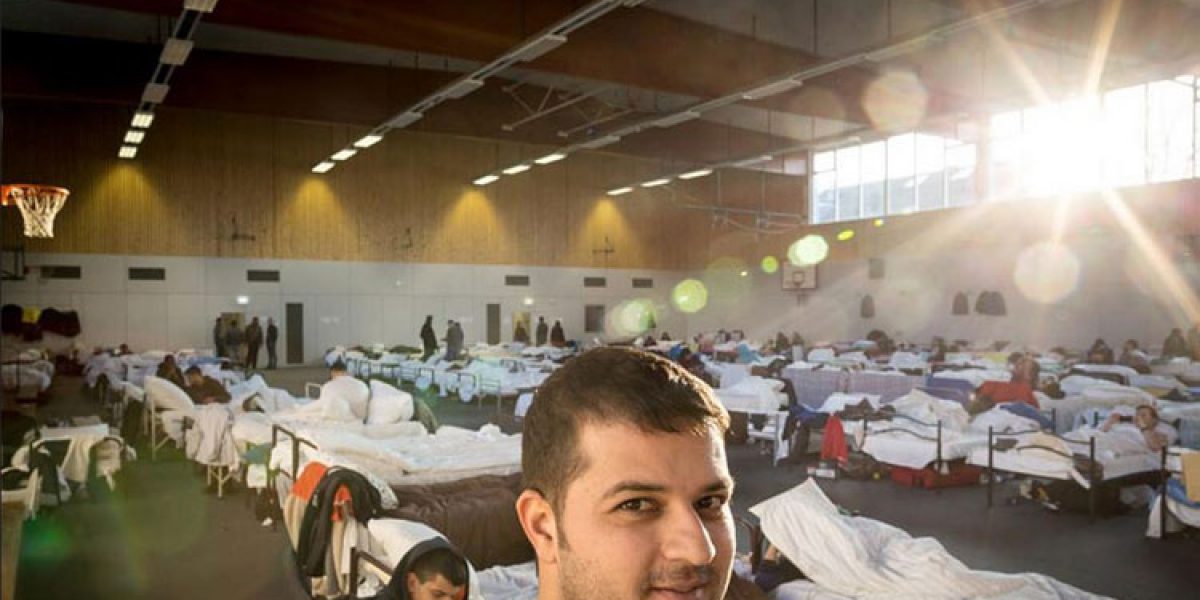JRS Germany raises questions over proposed asylum package
15 February 2016

Berlin, 15 February 2016 – JRS Germany has raised a number of questions over the German government’s new asylum legislation package. JRS Germany outlined its main concerns in a letter to the Interior Ministry on 2 February, and calls for them to be seriously considered before the bill comes before the German Federal Parliament next week.
"The proposed laws create new burdens for people seeking protection. They will complicate the asylum procedure causing new problems, without really addressing those problems that already exist," says JRS Germany policy officer, Stefan Kessler.
"For these reasons, the draft laws should be re-examined and re-drafted taking into the account the expertise of civil society and church organisations," Kessler concludes.
JRS Germany’s main concerns are:
• The bill establishes a ‘fast-track’ procedure to be conducted in special accommodation centres. Asylum seekers who are deemed to be citizens of ‘safe countries of origin’ shall be accommodated only in these special centres and be very rapidly dealt with. The bill does not foresee any specific safeguards regarding vulnerable groups and does not provide for effective assistance and/or legal aid. The new provisions are therefore considered to violate EU law (especially the Asylum Procedures and Reception Conditions Directives) as well as German constitutional law.
• As a rule, health reasons shall be considered as a legal obstacle against deportation only in very exceptional cases. In the view of JRS Germany, this may result in the danger of violating an individual person’s right to life and health.
• For the next two years, persons with a subsidiary protection status shall not benefit from the same facilitation of family reunification as refugees can. This would in the vast majority of these cases result in a de-facto ban on family reunification. This would violate the right to family life.
• Social benefits given to asylum seekers shall be reduced. The bill, however, does not provide convincing reasoning for the reduction. If the bill is passed and implemented, it may result in an increasing number of asylum seekers struggling to make ends meet.
Further reading:
“The proposed laws create new burdens for people seeking protection… [They] should be re-examined and re-drafted taking into the account the expertise of civil society and church organisations.”
